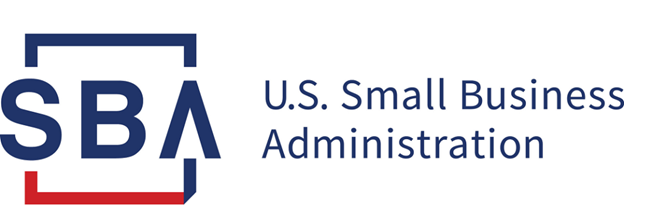An SBA loan is considered one of the best ways to finance a small business. A business plan can play a crucial role in getting the loan approved from both the bank/lender and the government agency.
Every business has a unique set of requirements based on its goals, structure, products, client base, market orientation and so on. However, what no business can do without is financing!
Indeed, it is finance that oils the wheels of any business and keeps it functional. As hardly any entrepreneurs are flush enough to bankroll their own enterprise, they have to seek funding from external sources. Needless to say, this can turn out to be the most challenging aspect of launching a business!
Be it friends and family, banks, formal investors or other lenders, persuading someone to bankroll a business is quite an arduous journey. Small businesses find it especially tough to source the requisite dollars – the skills, experience or track record may not be good enough. And even if they manage to convince an investor, the interest rate or collateral obligations may become a deterrent.
This is where the United States Small Business Administration (SBA) enters the picture. This is a bouquet of loan programs specially designed to cater to the financing needs of new entrepreneurs of small businesses.
The SBA does not actually provide the loan. What it does is partially guarantees the loan through the participating banks and organizations. As the government undertakes to repay part of the loan in case the business defaults, it will work as a strong leverage for the bank to extend the loan to the business. The flexible terms, low interest rates and long repayment period further sweeten the deal in favor of the small business.
In view of the ongoing pandemic, the coronavirus relief bill has also eased the loan features to promote lending and assist borrowers – they can enjoy fee waiver, increase in loan limits, higher loan guarantees, etc.
Getting SBA Loan Approval
SBA loans come with some exceptionally tight lending standards. The SBA has instituted stringent requirements in terms of business eligibility, application documents and other information.

An SBA business plan plays a vital role in the scheme of things. In fact, the loan application has to be accompanied by a business plan. The SBA actually lays down explicit stipulations for the business plan - right from the format to the contents – that are fundamentally different from regular plans.
As success in securing the SBA loan can hinge on the quality of the business plan, the entrepreneurs would do better to engage professional business plan consultants with specific experience in drafting an SBA business plan that meets the precise SBA loan requirements.
The Plan Writers (www.planwriters.com) can skillfully craft a customized business plan that will not only secure the SBA funding but also work as a roadmap for structuring, managing and growing the business. Pick the right tool for your arsenal; make the right choice with the Plan Writers’ team on your side!